Book Publishing Secrets: A Conversation with Paul A. Barra
We’re talking to
authors from all walks of life about their experiences in publishing their
book. Some have smooth paths, some
rocky, but they all share a common goal – to see their name on the cover of
their creation. It’s interesting to read
what path they decided to take to get there and my guest today is here to tell
everyone what he did in order to make it all happen so that other writers will
learn a little something from the experience.
Visit Paul’s website at www.paulbarra.com.
THE BOOK
Poor Penelope Andrews. Her neighbor is being hunted, her friend is comatose after encountering a rogue alligator in a black-water swamp, and her mother has formed the wild impression that Penny has some sort of special gift from God! What else could go wrong? Oh yes: the FBI wants to speak with her. And, a dangerous criminal is stalking her.
The Secret of Maggie’s Swamp tells the story of young Penny and the courage she shows in dealing with these dynamic issues.
It is an exciting read for children ages 8 through 12. It’s a pro-family story that will absorb young readers. Available in bookstores, on Amazon.com and from Brownridge Publishing.
AMAZON | BARNES & NOBLE
THE INTERVIEW
Thank you for your time in answering our
questions, Paul. Let’s begin by having
you explain to us why you decided to write a book?
I like to write and I like to tell stories, so writing books seemed to be a natural extension of those preferences. I like the length of a novel and the opportunity to develop characters and story lines. A book is a major commitment of time and energy, but it’s the only way to entertain large numbers of people. And it’s the only way to make real money.
Is this your first book?
No, but it is my first juvenile work. I wrote an adult novel that made little money and is now out of print (although I’m hoping it will gain new life on Amazon.com); I did text book supplements under contract and wrote a book about the founding of a Catholic high school that was opposed by the diocese. I found non-fiction to be much less daunting an undertaking than fiction, especially with my journalism background - and especially from the viewpoint of getting into print. Credibility is important for non-fiction work but less so for novels, it seems. When agents press constantly for early hooks and stress the importance of the first page, a writer knows that his manuscript is not going to get a serious read most of the time. A reader might be willing to get into a book some, but editors and agents don’t seem to have the time
Can you tell us a little about your
publishing journey?
I was a reporter, both for local newspapers in South Carolina and in the Catholic press, for about twenty-five years when I decided to write books. It was fairly easy to break into non-fiction books, but fiction was another issue altogether. I found a small press for one novel but have had little success so far with the major houses. Maybe I should be satisfied with publishing with smaller publishers and try to make a career there. I do think that children’s publishing may be a good venue in that regard. My children’s book publisher, Brownridge Publishing, not only spent an inordinate amount of time educating me and conforming my writing to the world of young readers, but they promote my book and have sold it to libraries and schools. That’s a market where big houses don’t have a built-in advantage as they do in the adult market.
What lessons do you feel you learned about
the publishing industry?
It’s a grossly inefficient business. Agents and editors are so overwhelmed with both suitable and unsuitable manuscripts that they often are unable to be discerning in their selections. Consequently, good writers languish while they wait for someone in the industry to actually read their work. I have learned that small presses are much more likely to give a writer a good look. They are the future of publishing, I think, and the money will eventually catch up with the opportunities.
If you had the chance to change something
regarding how you got published, what would you change?
I would try children’s literature first and build a career there. It may not pay six-figure advances but it can provide a decent living for a writer. I think it’s a viable alternative to writing porn or romances or, right now Amish soaps, to get some cash flowing. The books are shorter, so in that regard juveniles are easier to write than complicated adult fiction. The writer can polish his or her craft and learn to meet deadlines by writing for little guys. And the market, as far as I can see, is wide open.
Did you credit any person or organization with
helping you get published?
First, my editor at Brownridge Publishing: I can say with confidence that Maggie’s Swamp is a strong novel because of the influence of Theresa Pregent. Secondly, the Society of Children’s Book Writers and Illustrators: SCBWI is a fine organization for all writers of juveniles.
What’s the best advice you can give to
aspiring authors?
Go small press and spend less time worrying about the prestige of Random House and the other few major houses. Small publishers do not have lower standards but they do spend more time reading and picking out the rough diamonds among writers. That is one way they can compete. I don’t think a writer should spend much of his writing time promoting his own books and cranking the social media engine if he writes good literature. People will eventually like what you write and you will be successful. If it’s time-consuming, so is trying every agent in the book to get a rabbi in New York publishing. At least with the small press route you will be writing (and getting better at it) and your books will be piling up as the years go by, instead of just your collection of rejection emails.


















































































































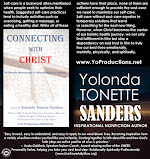


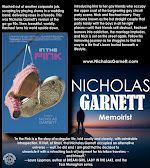


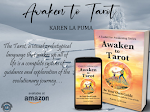
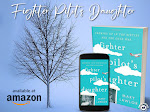
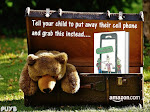
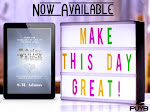


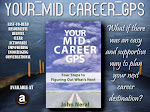
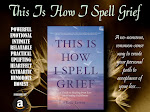
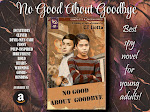

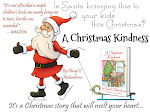
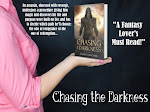
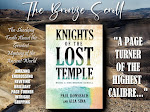


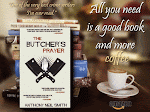
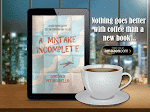
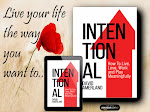
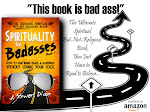

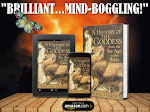

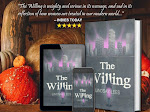
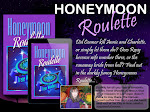
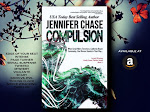
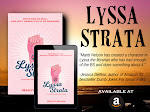
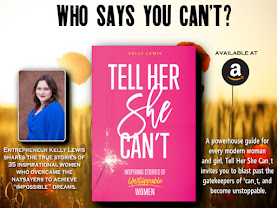









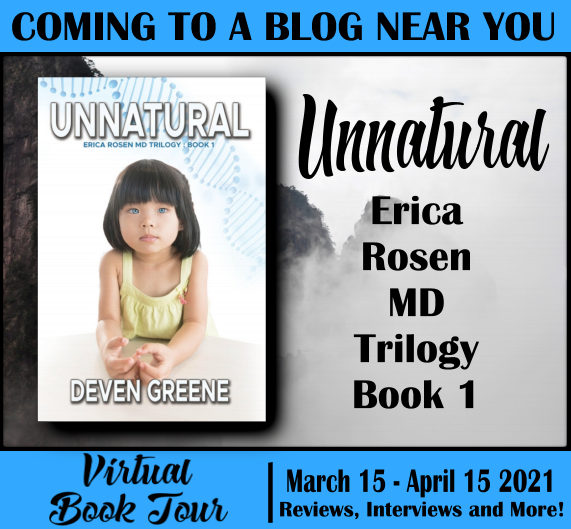
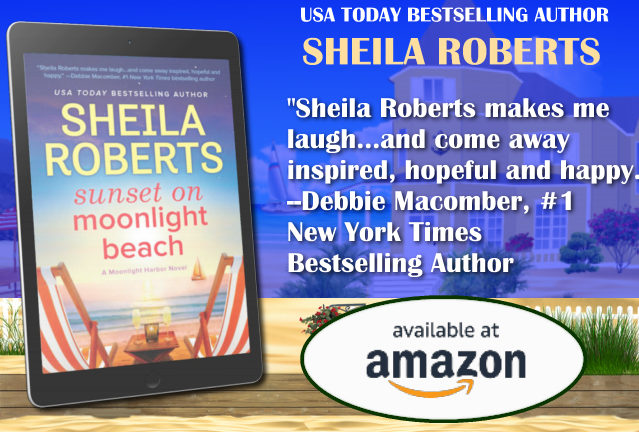
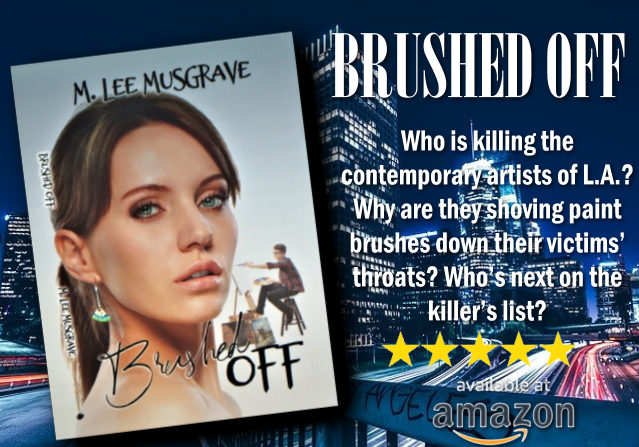


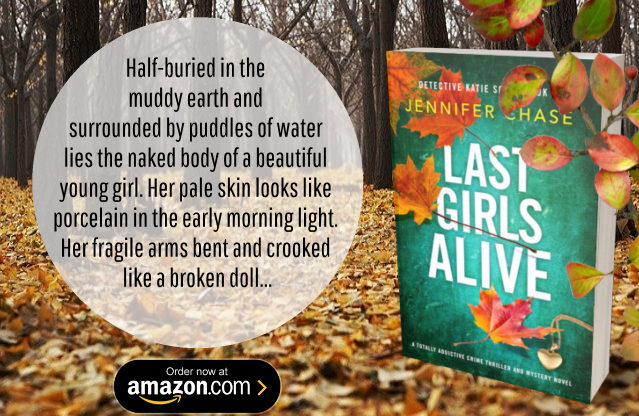
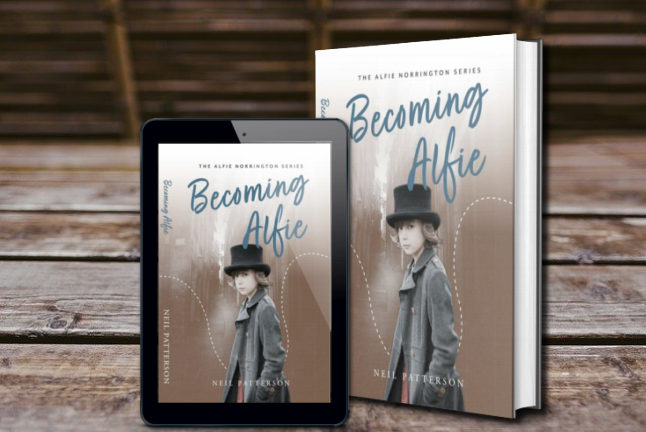
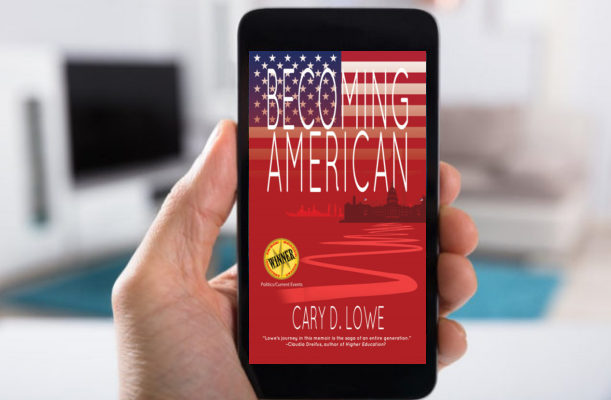

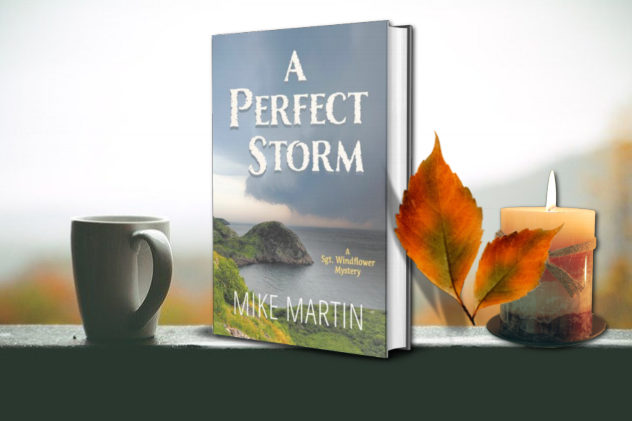
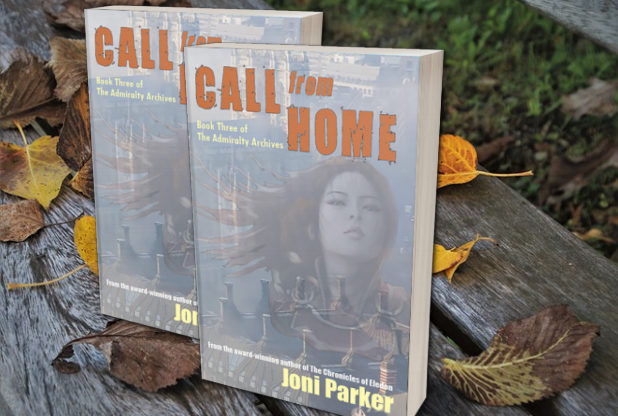
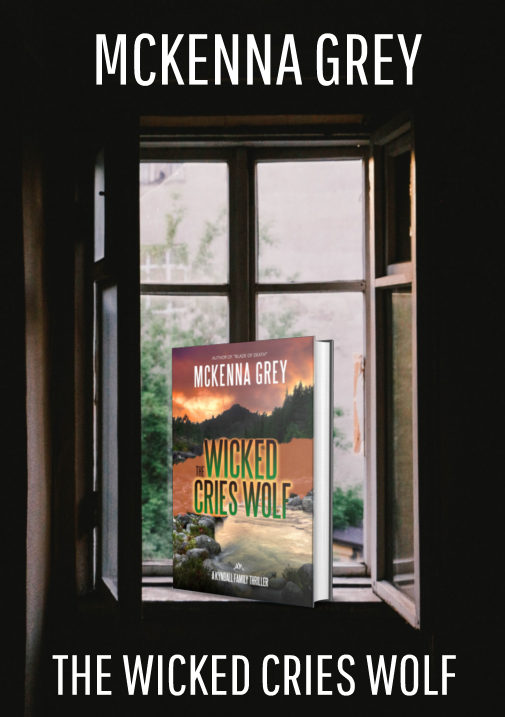


Leave a Comment